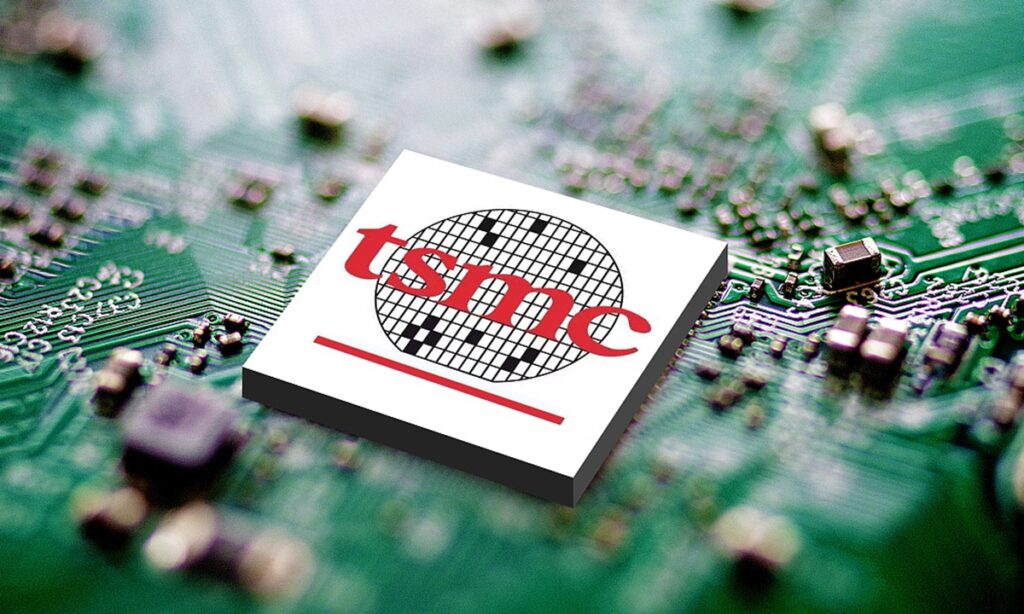The emphasis by global contract chipmaker TSMC’s Chairman Mark Liu on keeping the company’s roots in the island of Taiwan is a fresh blow to malicious attempts by the US to hollow out the island’s semiconductor industry, Chinese experts said on Sunday.
The highly politicized US moves, which go against the economic logic of labor division in the global semiconductor industry, will run into new trouble, experts noted.
The comments came as the company faces friction with union workers in the US.
“We cannot put it anyplace else,” Liu said in a June interview with the New York Times. It would be exceedingly difficult to replicate what TSMC has built in Taiwan, the TSMC chairman added.
Liu was also asking the US government to offer more incentives beyond the $52 billion in subsidies promised in the CHIPS Act to buy US-made chips.
Washington has attempted to establish an advantage over Beijing by setting up a China-excluded semiconductor industrial chain and imposing export control measures against China. In order to advance secessionism, Taiwan’s Democratic Progress Party authorities have been colluding with the US.
Taiwan’s semiconductor industry, which has a leading advantage, has become a key focus for US officials and TSMC has been coerced to step up building plants in the US.
However, the statement by Liu seemed to suggest a growing resistance to such efforts, experts said.
Xiang Ligang, director-general of the Beijing-based Information Consumption Alliance, told the Global Times on Sunday that the US move, which goes against market principles and labor division in the global semiconductor supply chain, is doomed to fail, even as TSMC is a pawn and has no choice but to comply with the selfish US demand to have some of the world’s semiconductor production capacity.
“In addition to the 400 percent cost rise in building the Arizona plant reported in the media, I suspect the operational cost will also be doubled,” Xiang said.
There will be more hiccups for the construction and operation of the Arizona plant, Xiang predicted, noting that the US government is trying to revive something that was long gone in the US – manufacturing power.
The construction of the Arizona plant, capable of making chips that are one or two generations behind TSMC’s most advanced ones, has been slow going. The operation of the plant was repeatedly pushed back to 2025. Recently, the company has run into a dispute with the local union in Phoenix, which expressed displeasure over the company’s claim of lacking skilled labor, according to media reports.
Ma Jihua, a veteran high-technology observer, told the Global Times on Sunday that the US plan to seize high technology from TSMC is malicious and such a forcible allocation of market resources will surely be met with various unexpected issues next.
“This is not a case of attracting investment, and let the investor thrive in the county,” Ma said. “The US is thinking more of grabbing some bargaining chips in its containment and tech crackdown on China by seizing some of TSMC’s high-end manufacturing equipment and skilled engineers and thinking less of bolstering local manufacturing power.”
“TSMC knows well a poor economic outlook lies ahead of its US adventure, and could be intentionally delaying progress,” Ma said.
(Global Times)




